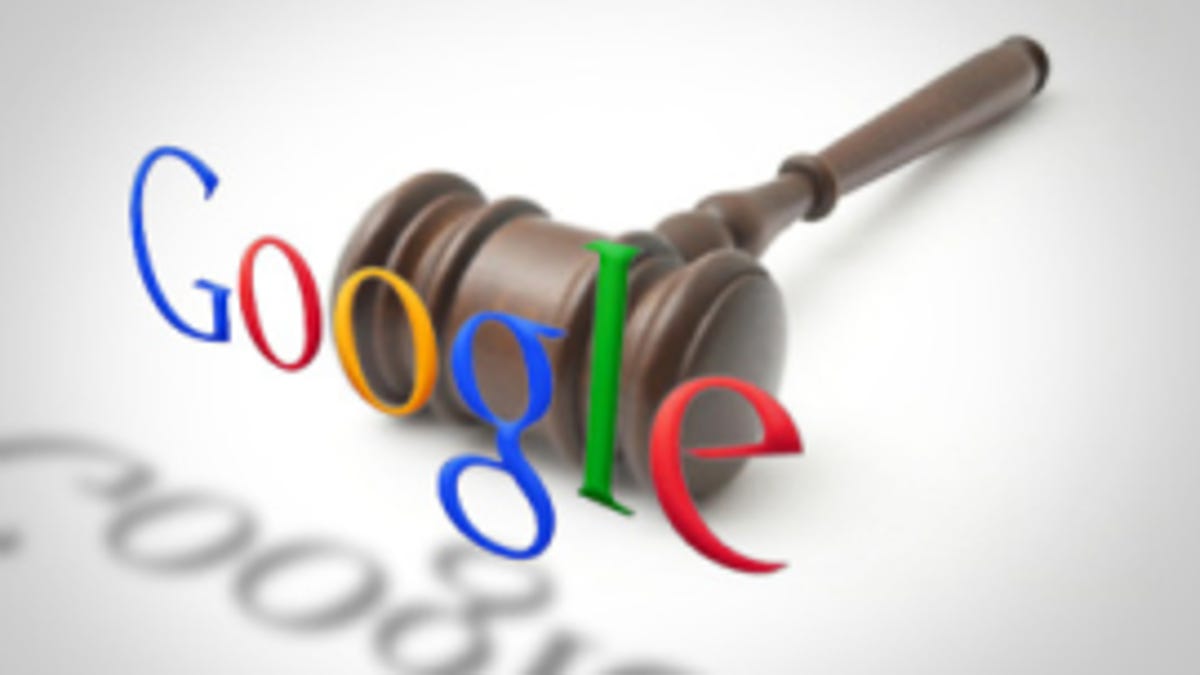Microsoft repeats YouTube gripe as Google probe winds down
A more than year-old compatibility issue between Windows Phone and YouTube is proof Google needs tighter antitrust scrutiny, according to Microsoft officials.

Google has yet to address an alleged YouTube-Windows Phone compatibility issue, Microsoft says, despite the fact that Google is under antitrust scrutiny in the U.S. and abroad and the issue is allegedly more than a year old.
With this latest charge, Microsoft seems to be trying to get ahead of the expected slight wrist-slap Google could receive from the Federal Trade Commission this month -- if news reports about the likely outcome of a two-year-old Google antitrust investigation are correct, that is. (It's worth noting there's new evidence the FTC might be turning the screws on Google a bit tighter than originally anticipated.)
From a January 2 blog post by Microsoft Vice President and Deputy General Counsel Dave Heiner:
You might think that Google would be on its best behavior given it's under the bright lights of regulatory scrutiny on two continents, particularly as it seeks to assure antitrust enforcers in the U.S. and Europe that it can be trusted on the basis of nonbinding assurances that it will not abuse its market position further.
However, as we enter 2013, that is not the case. Here's just one example: We continue to be dogged by an issue we had hoped would be resolved by now: Google continues to prevent Microsoft from offering consumers a fully featured YouTube app for the Windows Phone.
Microsoft raised this same argument in 2011. Then, as now, the Softies cited alleged YouTube-Windows Phone compatibility issues as evidence that Google needed to be reined in more tightly by antitrust authorities.
Google bought YouTube in 2006. Microsoft claims that since that time, Google "has put in place a growing number of technical measures to restrict competing search engines from properly accessing it for their search results." Microsoft officials claim Google has provided Android phones and iPhones with access to YouTube metadata that enables search for video categories, location of favorites, the ability to see ratings, and other features that are blocked for Windows Phone users.
"As a result, Microsoft's YouTube 'app' on Windows Phones is basically just a browser displaying YouTube's mobile Web site, without the rich functionality offered on competing phones," said company officials in a blog post from 2011.
"Microsoft is ready to release a high quality YouTube app for Windows Phone," Senior Vice President and General Counsel Brad Smith said in the 2011 post. "We just need permission to access YouTube in the way that other phones already do, permission Google has refused to provide."
Microsoft has been stepping up its anti-Google rhetoric as of late, a factor many attribute to Redmond's hiring of former political strategist Mark Penn last year. Predictably, Google's been doing its part to retaliate in the PR/marketing wars.
Not being much of an app person or a YouTube fan, I haven't been bothered by any YouTube-Windows Phone compatibility issues, myself. Anyone out there feel it's been a factor in deciding whether or not to "Bing it"?
This story originally appeared on ZDNet under the headline "Microsoft resurrects YouTube-Windows Phone compatibility complaint."

